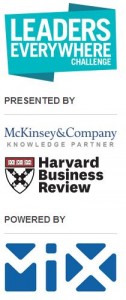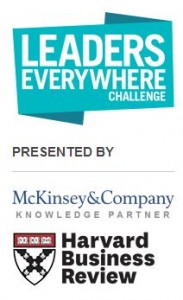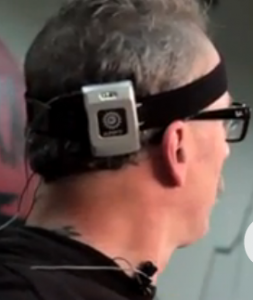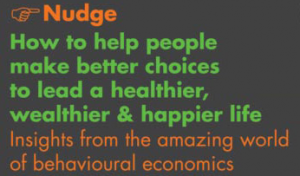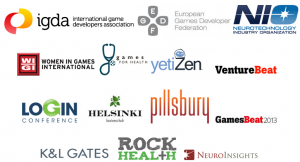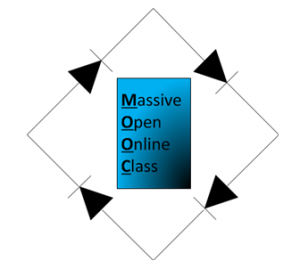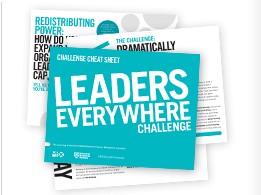 One way we democratize something is to make it available to a very large group, preferably everyone. Publishing your ideas on the Internet was democratized by blogging and trading stocks was democratized by on-line brokers. These functions, once held by highly trained experts are now open to anyone with a computer and Internet connection.
One way we democratize something is to make it available to a very large group, preferably everyone. Publishing your ideas on the Internet was democratized by blogging and trading stocks was democratized by on-line brokers. These functions, once held by highly trained experts are now open to anyone with a computer and Internet connection.
Now attention is turning to the democratization of leadership. Scholars have long recognized two general types of leaders. We have the formal or assigned leader such as the CEO or VP that carries the title, power and budget of leadership. But we also have the informal or emergent leader that wields influence and is driven by passion to change how things work. The question is, how do we develop and unleash these informal or emergent leaders?
If you have a good answer, you might want to submit it as a story or hack (disruptive idea) to the Leadership Everywhere Challenge. This is the latest M-prize being sponsored by the Harvard Business Review and McKinsey Consulting. A snapshot:
“In the future, a company that strives to build a leadership advantage will need an organizational model that gives everyone the chance to lead if they’re capable; and a talent development model that helps everyone to become capable.”
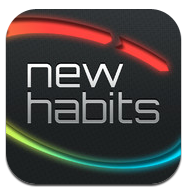 In my teaching at Northwestern University I have been fortunate enough to work with emergent leaders from across the US. They are driven to lead without formal authority because they have an authentic insight into how to make things better and the natural influence skills to get others to act on their ideas. The skills and habits that make up informal leadership talent are developed very differently from those of formal leaders. They are developed through a micro or day-to-day learning from experience rather than elaborate and macro leadership development programs.
In my teaching at Northwestern University I have been fortunate enough to work with emergent leaders from across the US. They are driven to lead without formal authority because they have an authentic insight into how to make things better and the natural influence skills to get others to act on their ideas. The skills and habits that make up informal leadership talent are developed very differently from those of formal leaders. They are developed through a micro or day-to-day learning from experience rather than elaborate and macro leadership development programs.
I’ve captured this micro approach to developing emergent leaders in a free mobile learning app called NewHabits. Check out the modules or decks on innovation. They teach you how to find a cause, think flexibly, experiment and get others to act on your ideas. While the modules are focused on innovation these are just the skills and habits that drive emergent leaders. Best of all they can be practiced daily without formal authority, a training budget or the need to change your organization.
A good way to democratize leadership? Give the App a try and let me know what you think.

![]() A 2-person firm Supertoy Robotics is looking for 30K pounds on Kickstarter to build the world’s first natural talking teddy bear. They already have a pledge of more than 58K pounds with four days to go. You can get more details on how it should work HERE.
A 2-person firm Supertoy Robotics is looking for 30K pounds on Kickstarter to build the world’s first natural talking teddy bear. They already have a pledge of more than 58K pounds with four days to go. You can get more details on how it should work HERE.